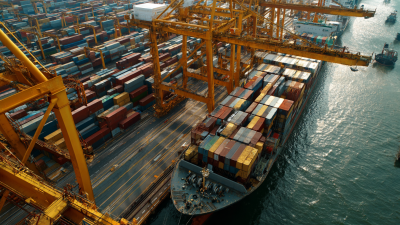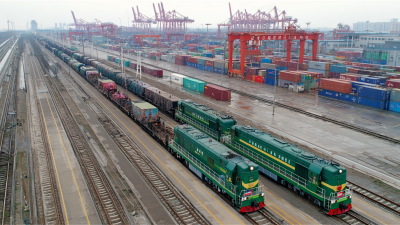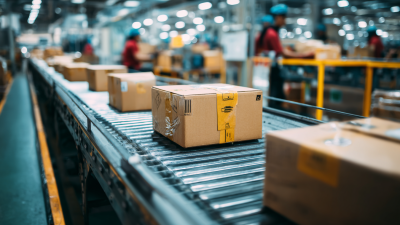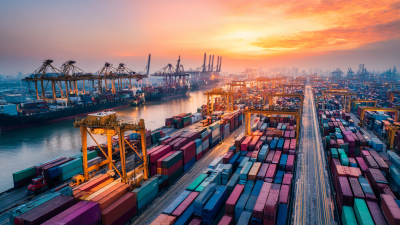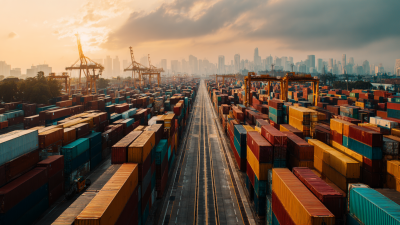As the logistics industry in Australia faces unprecedented challenges, including increasing operational costs and rising customer expectations, there is a growing acknowledgment of the critical role sustainability will play in shaping its future. According to the Australian Logistics Council, logistics accounted for approximately 8% of the national GDP in 2020, highlighting its significance in the economic landscape. Furthermore, a report by IBISWorld indicates that the logistics industry is projected to experience a compound annual growth rate of 3.6% from 2021 to 2026. Embracing sustainable practices not only addresses environmental concerns but also improves operational efficiency and competitiveness. Integrating eco-friendly solutions such as carbon-neutral transportation and waste reduction strategies can help Australia Logistics mitigate its environmental footprint while adapting to market demands. This article explores innovative approaches and actionable strategies that companies can adopt to unlock the future potential of Australia’s logistics sector through sustainability.
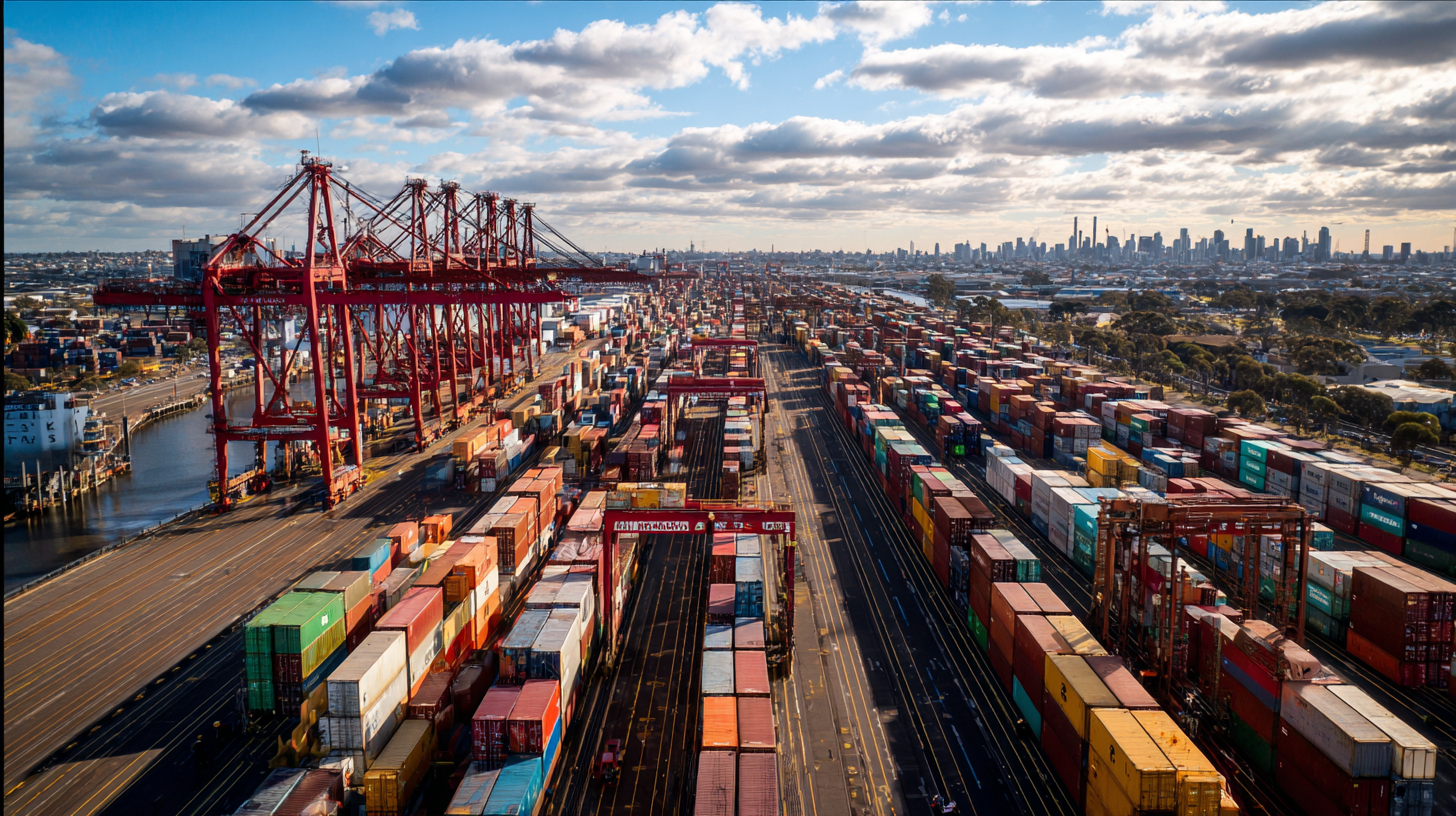
The logistics sector in Australia is undergoing a significant transformation driven by innovative digital technologies. As businesses seek to enhance efficiency and reduce carbon footprints, solutions such as artificial intelligence, blockchain, and IoT are becoming essential tools in optimizing supply chains. These technologies enable real-time data analysis and improved decision-making processes, which are crucial in adapting to the dynamic demands of the market.
Moreover, the integration of sustainable practices into logistics operations is increasingly facilitated by digital innovation. For instance, AI algorithms can forecast demand more accurately, leading to better inventory management and reduced waste. Blockchain improves transparency and traceability in supply chains, ensuring compliance with environmental standards. As Australia continues to invest in these technological advancements, the logistics industry is poised to not only meet the challenges of sustainability but also to redefine its operational landscape for a greener future.
| Sustainable Practice | Digital Technology | Impact on Logistics | Year Implemented |
|---|---|---|---|
| Electric Vehicle Fleet | Telematics Systems | Reduced emissions and fuel costs | 2022 |
| Solar-Powered Warehouses | Energy Management Systems | Lower energy costs and carbon footprint | 2021 |
| Sustainable Packaging | Blockchain Technology | Enhanced tracking and reduced waste | 2023 |
| Last-Mile Delivery Solutions | AI Route Optimization | Improved delivery efficiency and reduced traffic | 2022 |
The logistics sector in Australia is increasingly recognizing the pivotal role of sustainability in shaping future strategies. According to the Sustainability and the Logistics Sector report by the Australian Logistics Council, logistics operations contribute to nearly 10% of Australia’s total carbon emissions. As environmental regulations tighten and consumer preferences shift towards greener practices, companies are compelled to adopt more sustainable logistics solutions. This transition involves integrating renewable energy sources, optimizing transportation routes, and utilizing energy-efficient technologies to mitigate their carbon footprint.
Moreover, a study by the World Economic Forum indicates that sustainable logistics practices could potentially decrease operational costs by as much as 20%. As companies invest in electric vehicles and advanced supply chain technologies, the reduction in fuel consumption and maintenance costs becomes apparent. Furthermore, embracing circular economy principles can create new revenue streams through recycling and waste management initiatives. As Australia’s logistics industry evolves, sustainability will not only enhance operational efficiency but also ensure compliance with emerging environmental policies, all while meeting the increasing demand from consumers for eco-friendly services.
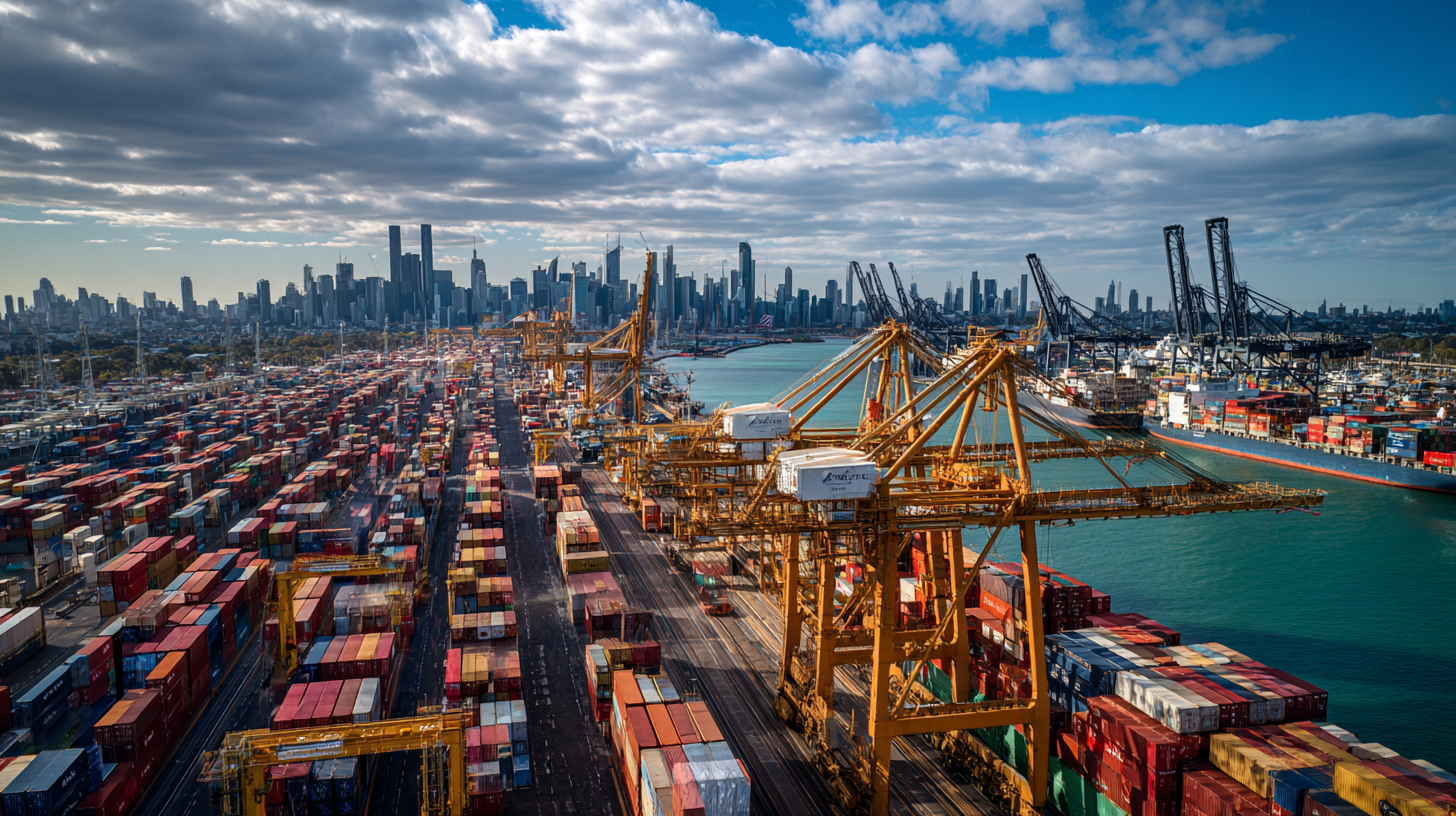 In recent years, Australian logistics has increasingly embraced sustainable practices, reflecting a wider commitment to environmental responsibility. One compelling case study is that of a major shipping company that has successfully integrated biofuel into its operations. By replacing traditional diesel with biofuels derived from waste products, the company has significantly reduced its carbon emissions, demonstrating how innovative fuel sources can create a more sustainable supply chain. This initiative not only aligns with global sustainability targets but also showcases the economic viability of environmentally friendly logistics solutions.
In recent years, Australian logistics has increasingly embraced sustainable practices, reflecting a wider commitment to environmental responsibility. One compelling case study is that of a major shipping company that has successfully integrated biofuel into its operations. By replacing traditional diesel with biofuels derived from waste products, the company has significantly reduced its carbon emissions, demonstrating how innovative fuel sources can create a more sustainable supply chain. This initiative not only aligns with global sustainability targets but also showcases the economic viability of environmentally friendly logistics solutions.
Another noteworthy example is the implementation of electric vehicles (EVs) in urban delivery systems. Several logistics companies in Australia have adopted EVs to reduce urban congestion and minimize air pollution. One particular firm reported a 60% decrease in operational costs through the use of EVs, thanks to lower fuel expenses and government incentives for electric vehicle users. This transition not only enhances their brand's commitment to sustainability but also resonates with environmentally conscious consumers, proving that green logistics can yield significant benefits both for the environment and for business profitability.
The logistics sector in Australia stands on the brink of transformation, driven by the collaboration between tech startups and traditional logistics firms. This synergy can leverage digital logistics platforms (DLP) to enhance transportation efficiency and strengthen supply chain resilience. As tech startups introduce agile, data-driven strategies, legacy systems can progressively evolve into sophisticated digital networks. This transition not only amplifies corporate competitiveness but also promotes sustainable practices necessary for the future.

Moreover, companies across various sectors are innovating urban delivery solutions to support sustainability goals. By implementing technologies inspired by successful models overseas, Australian logistics can address the growing demands of urbanization while mitigating the environmental impact of transport. This collaborative environment fosters a shared vision where technology and traditional logistics combine to create more efficient, eco-friendly supply chains, paving the way for a sustainable future.
Sustainability has emerged as a cornerstone in redefining operational efficiency within Australia’s logistics sector. As companies strive to reduce their carbon footprint, they are adopting greener practices such as optimizing route planning, utilizing electric vehicles, and implementing more efficient supply chain solutions. These strategies not only contribute to environmental conservation but also streamline operations by reducing fuel costs and minimizing delays. By measuring the impact of these sustainable practices, organizations can identify key performance indicators that highlight improvements in resource utilization and waste reduction.
Moreover, the integration of sustainable practices fosters innovation in logistics technologies. For instance, the adoption of real-time tracking systems and data analytics enables firms to monitor their environmental impact closely while enhancing delivery efficiency. As companies reassess their operational frameworks, metrics such as energy consumption, emissions, and waste generation become crucial for understanding the long-term benefits of sustainability.
Ultimately, the adoption of these practices not only supports Australia’s commitment to combating climate change but also positions logistics companies to thrive in a market that increasingly values sustainability.
